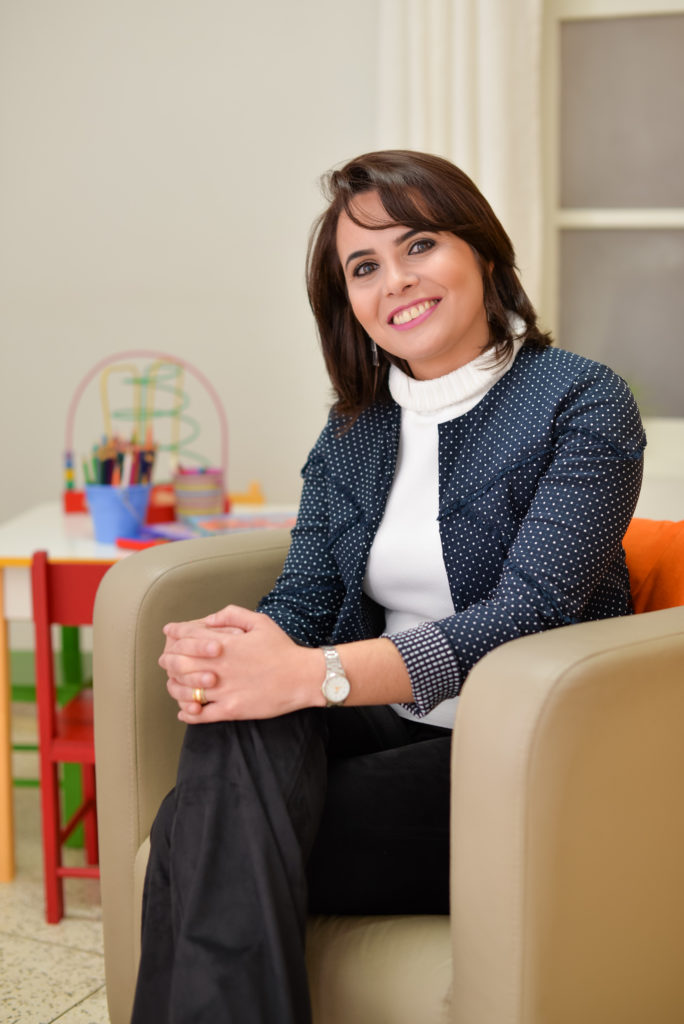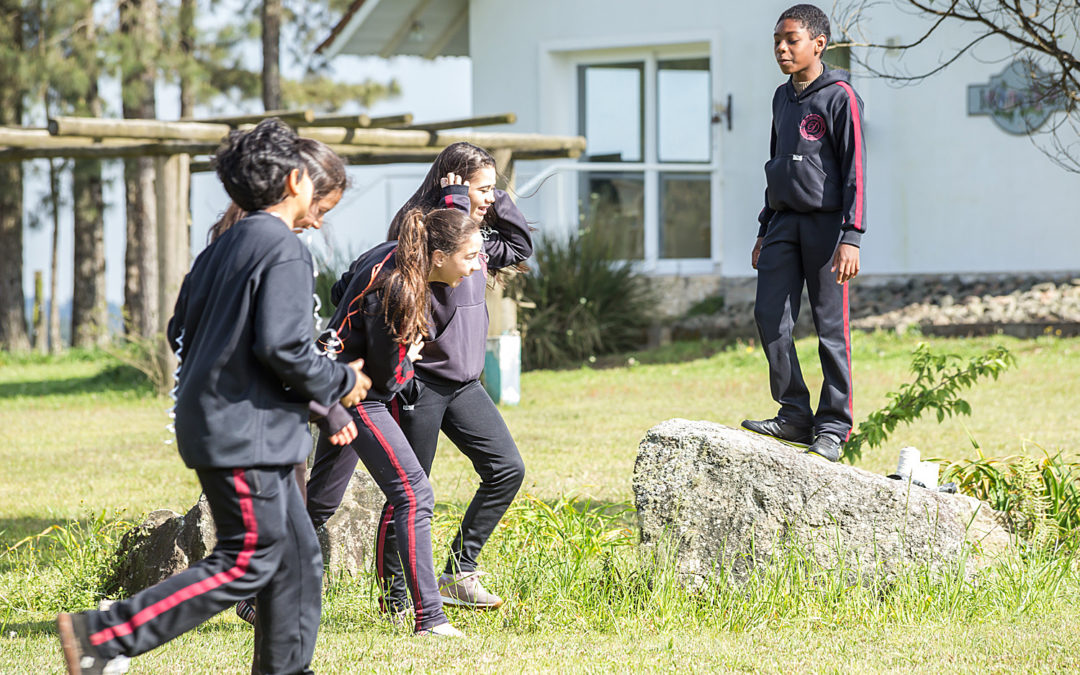Psychopedagogy is an area of knowledge and practice that is based on two other very popular areas in our daily lives: psychology and pedagogy. This alone would be a great reason to view this branch as a multidisciplinary segment, but the truth is that in addition to exercising competencies in these two areas, its field of work psychopedagogy applies knowledge of neurology and even anthropology.
Its objective is to understand the process by which people take to assimilate and build their learning, within the universe of possibilities to which we are permanently exposed.
How did psychopedagogy emerged?
Psychopedagogy emerged as an alternative to bring up responses to learning difficulties and to understand the connection between this problem and social issues. The emphasis of these studies and the start of acting in a practical way was in Europe, around 1946, and had as precursors George Mauco and Juliette Favez-Boutonnier.
Mauco and Favez-Boutonnier analyzed the behavior of children who had behavior considered inappropriate (at home or at school) and also cases of people who had difficulties when it came to constituting new learning.The research idea was to know not only about individuals, but also the environment in which they were inserted, as a way of understanding and proposing new possibilities for re-education, suggesting interventions appropriate to their possibilities of assimilation.
What is the role of psychopedagogy professionals in society?
At all times we are in contact with new learning and the role of professionals working with psychopedagogy is precisely to understand how we assimilate each opportunity to learn, from childhood to adulthood. From this, it is possible to identify problems that can vary from simple difficulties to complex disorders. At first, an assessment of the learning profile and individual is carried out, then an intervention plan is designed to find alternatives to develop the teaching process and ensure that all people can fully exploit their abilities.
Psychopedagogy combined with child development and its possibilities for family and school guidance.
According to the clinical psychopedagogue and neuro-psychopedagogue, Joyce Mendes:
“Currently, the number of children with impairments that result in school failure (whether cognitive, emotional or social) is greater.”
In view of this information, psychopedagogical work becomes increasingly important, which is characterized as an important tool in clinical or institutional support, in order to understand the way that the individual relates to learning in its cognitive, emotional and social aspects.
Psychopedagogical work can be developed in collective or individual form in a therapeutic way, preventive and inclusive, allowing the psychopedagogue to analyze patients in their various dimensions to help them find ways to fill the gaps in their learning performance.
Joyce also points out that the psychopedagogical accompaniment seeks to identify the set of educational needs presented by the individual, as an element of essential importance for the elaboration of a teaching plan that fits his profile. This directly reflects how people can improve their skills, thus obtaining a greater performance and success in the exploitation of their talent through playful strategies and the use of functional resources for their learning.
In this way, progressively, the public that receives psychopedagogical assistance tends to increase and maintain their focus of attention and academic development, thus allowing the punctual identification of their skills and competences, as well as signaling their needs, by using the maximum of their potential, in a constructive and enriching way for their development, learning and social formation.

Psychopedagogy in São Luiz do Purunã
In order to strengthen the potential of 4 to 10 year old boys and girls from the São Luiz do Purunã Rural School, in 2019, the Purunã Institute offered psychopedagogical assistance to children in order to find alternatives so that the learning process would become more effective for all, both from cognitive bias and also from their socioemotional skills. Skills that together promote great progress and success in student performance and fulfillment of the teaching team’s goals.
100 students attended 77 hours of assistance
And the positive reflex of this action was clear in the increase of the children’s grades in the Paraná Test, in which the performance index increased significantly in the subjects of Portuguese Language and Mathematics.
And to strengthen the potential of students from 04 to 10 years of the Rural School of São Luiz do Purunã, in 2019, the Institute offered psychopedagogical assistance, which, in a joint and integrated way with all the school professionals, found alternatives for the teaching and learning process is more effective for all. This activity relied on methodological guidance from the Espaço Integrar.
In assessing fluency in reading – diagnostic test – performed before and after the care offered by psychopedagogists, second year students showed an average of 200% of progress in reading fluency.
Another important fact was the scores of the Paraná Test held with the fifth year students. In the subjects of Portuguese language and Mathematics there was a significant evolution as shown in the graph below.
Before the assistance, the evaluation of students was:
After-assistance the evaluation of students was:
Portuguese Language / Mathematics
This is another good result that the Purunã Institute is pleased to share with the community of Balsa Nova and the region!
In view of this result, for 2020, we plan to expand these actions for two of our projects: Educating and Forming Multipliers;
In the Educating Project our performance is now, for all students of CMEI – Cantinho da Serra and the Herculano Schimaleski School, in this way, we increase the actions, strengthening the educational potential.
In the Forming Multipliers Project, the CMEI Cantinho da Serra teachers, of the Herculano Schimaleski School and the pedagogues of the Municipal Education Secretariat of Balsa Nova, will have weekly advice throughout the school year, where they will be able to outline and discuss learning-teaching strategies, within the reality of each educator, either for their entire class, or for students with some specificity. All these activities are carried out by specialized professionals and methodological referrals from the INTEGRAR Space – Development and Learning.

Co-author: Joyce Mendes
Clinical and Institutional Psychopedagogue and Neuro-psychopedagogue
We emphasize that at this moment in March/20 all of our activities are suspended indefinitely due to the Coronavirus pandemic.


Nothing is as new as something which as been long forgotten.